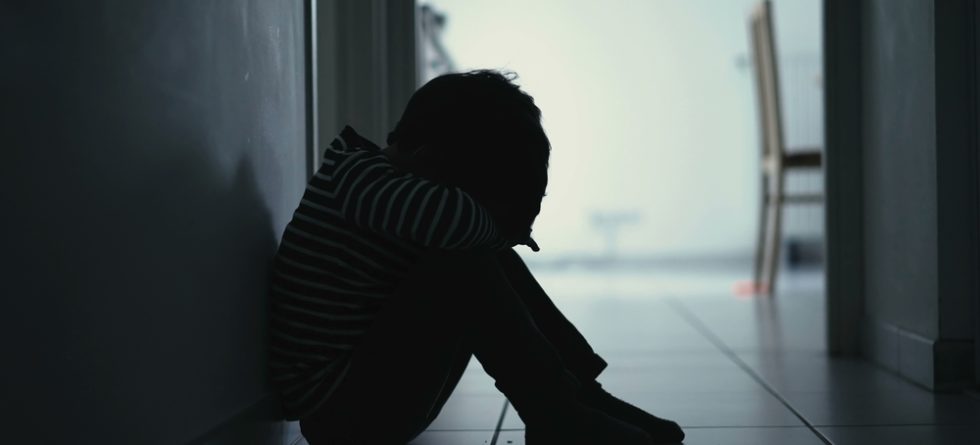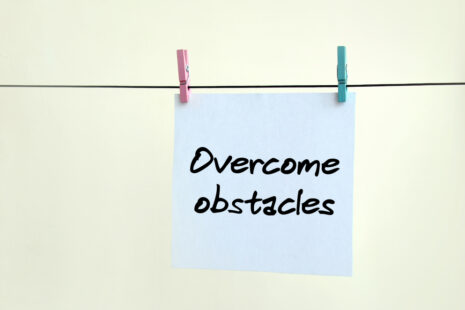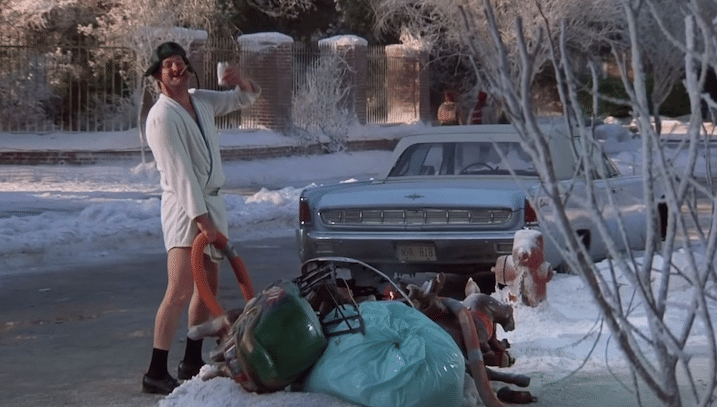Unhealed childhood trauma can manifest in adulthood through various behavioral, emotional, psychological, and physical signs. These manifestations often reflect the long-term impact of traumatic experiences that weren’t fully addressed or healed during childhood. Recognizing these signs can be crucial for seeking appropriate support and healing.
Here are some common signs of unhealed childhood trauma in adults…
Emotional and Psychological Signs
- Persistent Feelings of Sadness or Depression – Long-term feelings of unhappiness or emptiness that might not be linked to current life events.
- Anxiety – Chronic anxiety, panic attacks, or excessive worry not always connected to specific situations.
- Low Self-esteem – Deep-seated feelings of worthlessness or inadequacy.
- Difficulty Regulating Emotions – Experiencing intense emotional reactions that seem disproportionate to the situation, or having trouble managing emotions in a healthy way.
- Fear of Abandonment – An overwhelming fear of being left by friends or loved ones, leading to clingy or dependent behavior.
- Anger Issues – Difficulty controlling anger, leading to frequent outbursts or resentment.
- Trust Issues – A pervasive difficulty in trusting others, even in established relationships.
- Attachment Issues – Struggling with forming healthy attachments, which can result in either overly dependent or distant relationships.
Behavioral Signs
- Avoidance – Steering clear of situations, places, or people that may remind them of past trauma, or avoiding emotional intimacy.
- Substance Abuse – Using drugs, alcohol, or other substances as a means to cope with emotional pain or memories.
- Self-Harm – Engaging in self-harming behaviors as a way to deal with overwhelming emotions or as a form of self-punishment.
- Eating Disorders – Experiencing disordered eating behaviors as a way to exert control or cope with emotional distress.
Physical Symptoms
- Somatic Complaints – Chronic unexplained physical symptoms such as headaches, digestive issues, or chronic pain.
- Sleep Disturbances – Insomnia, nightmares, or sleeping too much, often related to anxiety or fear of reliving the trauma in dreams.
- Hypervigilance – A heightened state of awareness for potential threats, leading to fatigue or tension.
Cognitive and Social Signs
- Difficulty Concentrating – Problems with focus, memory, or completing tasks.
- Social Withdrawal – Pulling away from social interactions, activities, or relationships.
- Dissociation – Experiencing disconnection from oneself or reality, a coping mechanism to detach from emotional pain.
- Sense of Foreshortened Future – A belief that life will be cut short, leading to a lack of long-term planning or hope for the future.
Relational Impact
- Challenges in Relationships – Difficulty maintaining stable and healthy relationships due to trust issues, fear of intimacy, or misinterpretation of others’ actions.
Recognizing these signs in oneself or someone else is a step towards healing. It’s crucial to seek professional help to address these issues. Therapy, especially trauma-focused therapies like EMDR (Eye Movement Desensitization and Reprocessing) and trauma-informed cognitive behavioral therapy, can be particularly effective in treating unhealed childhood trauma. Support groups and self-care practices are also beneficial in the healing journey.







